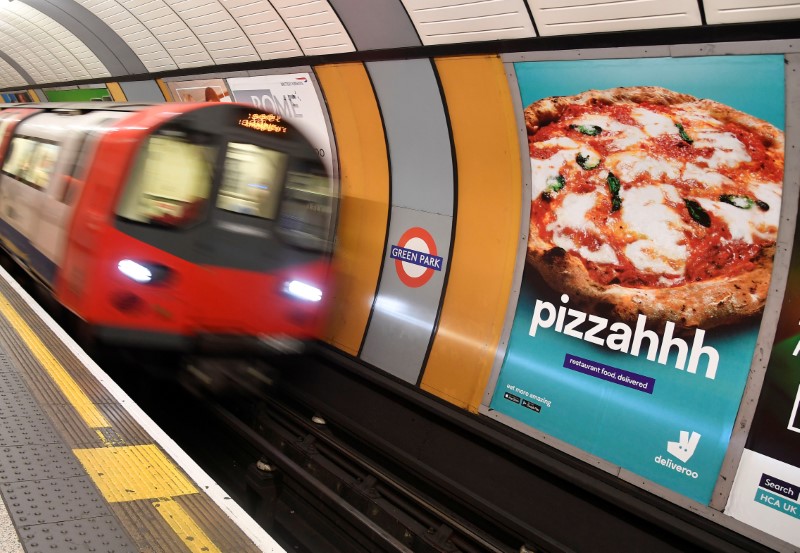Berkshire Hathaway reveals $4.3 billion stake in Alphabet, cuts Apple
Investing.com - The U.K. economy grew modestly in the third quarter, but actually contracted in September ahead of what is expected to be a tax-raising budget by chancellor Rachel Reeves later in the month.
Data released earlier Thursday by the Office for National Statistics showed that U.K. gross domestic product grew by just 0.1% in the July to September period, after having grown by 0.3% between April and June.
The U.K. economy contracted in September, with the monthly GDP falling 0.1%, weaker than the flatlining seen in August, pointing to a difficult final quarter of the year.
On an annual basis, the U.K. economy expanded by 1.3% in September, a small downward adjustment from the 1.4% growth seen the previous month.
British finance minister Rachel Reeves is set to announce her latest decisions on taxation at the end of this month, and indicated earlier this week that she might break election promises not to raise taxes as she prepares for what she described as a "difficult" budget.
In a BBC radio interview, Reeves explained that adhering to the manifesto commitments would require significant cuts in areas like capital spending. The pre-election promise had pledged not to increase rates of income tax, national insurance, and value-added tax.
The Chancellor cited several factors contributing to a growing hole in Britain’s public finances, including global conflicts, Donald Trump’s tariff policies, and the Office for Budget Responsibility’s downgrade of UK productivity, which has reduced her fiscal headroom.
Reeves indicated she is examining both tax and spending measures for her upcoming budget.
Despite raising taxes by about £40 billion in her first budget last year, Reeves faces having to find around £22 billion to meet her rule that day-to-day spending is in balance with tax revenues by the end of the decade, according to estimates by the Institute for Fiscal Studies.
Increases in taxation threaten to cut off any meager growth the final quarter has to offer, and could complicate the decision of the Bank of England in terms of monetary policy at its last meeting of the year in December.
The BOE held interest rates unchanged at 4.0% its last meeting, but this was a close call with four out of the nine policymakers voting for a rate reduction.
